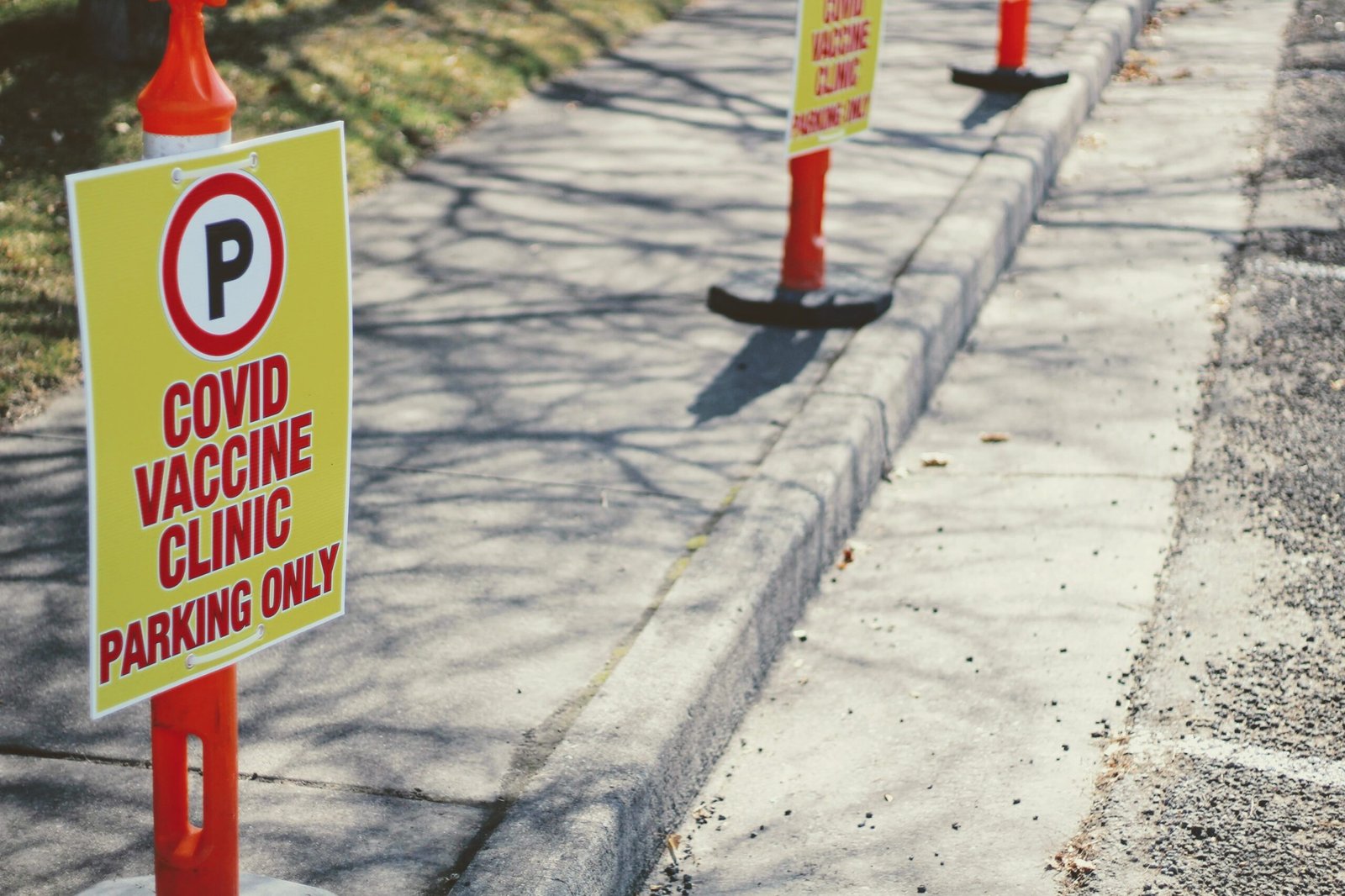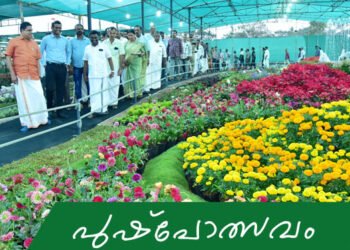Over the past few weeks, Kerala has been grappling with a significant increase in COVID-19 cases. The state, known for its effective handling of the pandemic in the initial stages, is now facing a challenging situation as the number of infections continues to rise.
One of the key factors contributing to the surge in cases is the highly contagious Delta variant of the virus. This variant, which was first identified in India, has been spreading rapidly across the country and is now prevalent in Kerala. The Delta variant is known to be more transmissible than previous strains, making it easier for the virus to spread within communities.
Another factor that has contributed to the increase in cases is the relaxation of restrictions and the resumption of economic activities. As the state gradually reopened, people started to gather in public places, leading to a higher risk of transmission. Additionally, the festive season and the onset of the monsoon have also played a role in the rise of cases, as people tend to socialize more during these periods.
The healthcare system in Kerala has been under immense pressure due to the surge in cases. Hospitals are witnessing a surge in admissions, and the availability of beds and medical resources is becoming a challenge. The state government has been working tirelessly to ramp up testing, tracing, and vaccination efforts to curb the spread of the virus.
It is crucial for the residents of Kerala to strictly adhere to COVID-19 protocols to contain the spread of the virus. This includes wearing masks, practicing social distancing, and frequently sanitizing hands. Vaccination remains a key weapon in the fight against the virus, and individuals are encouraged to get vaccinated at the earliest.
As the situation evolves, it is essential for everyone to stay informed and follow the guidance provided by health authorities. By working together and taking necessary precautions, we can overcome this surge in COVID-19 cases and protect the health and well-being of the people of Kerala.































